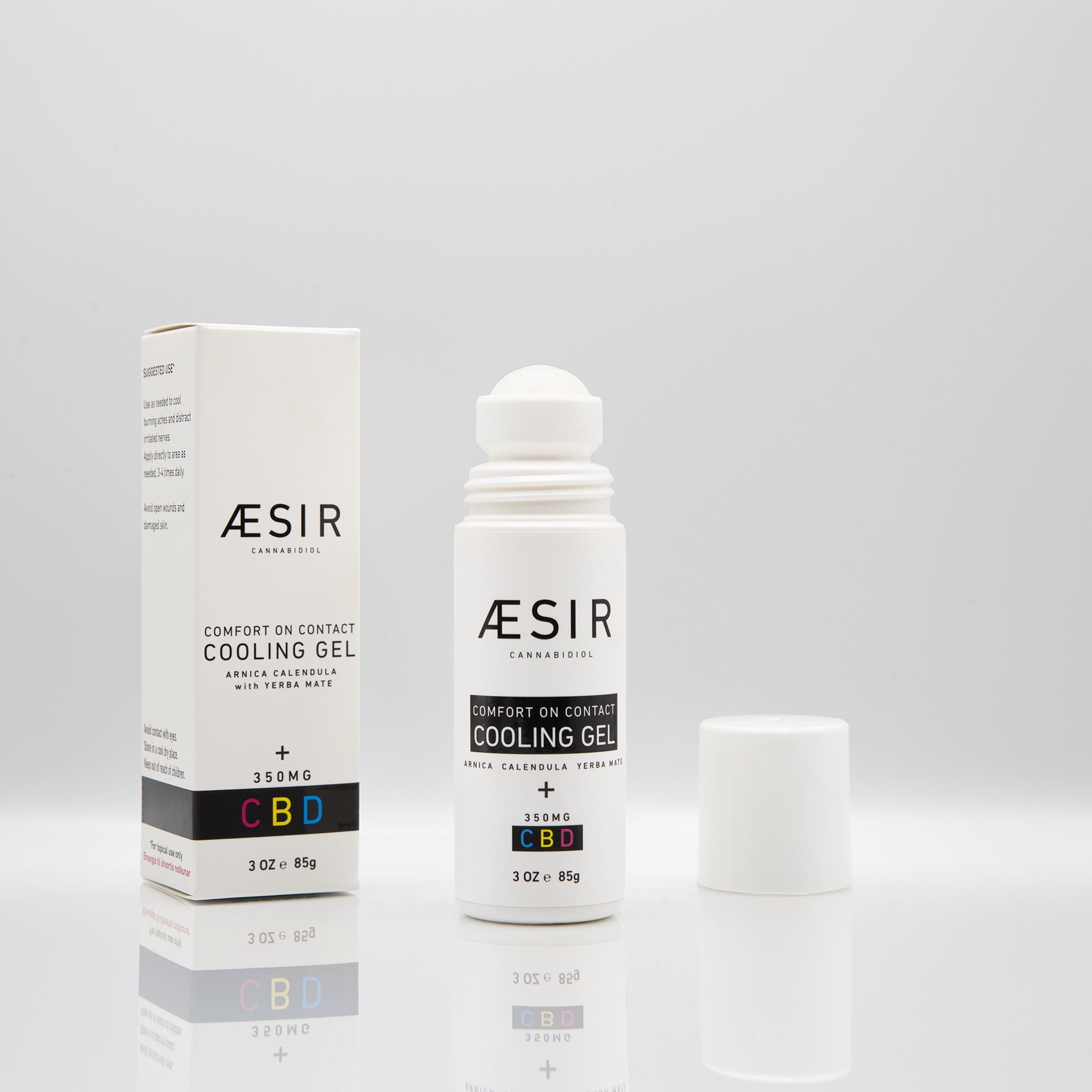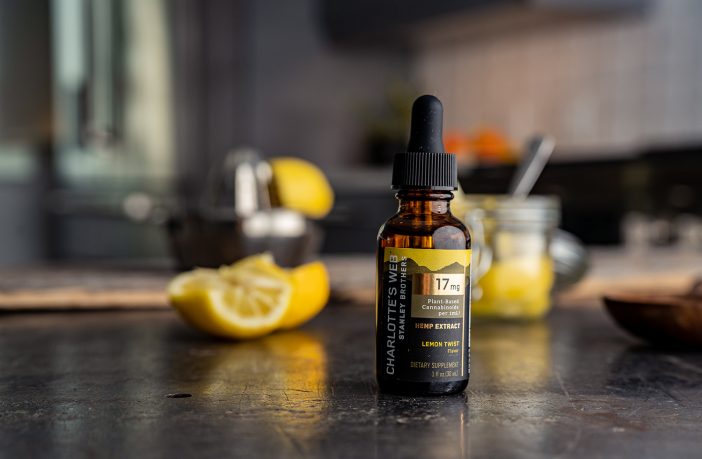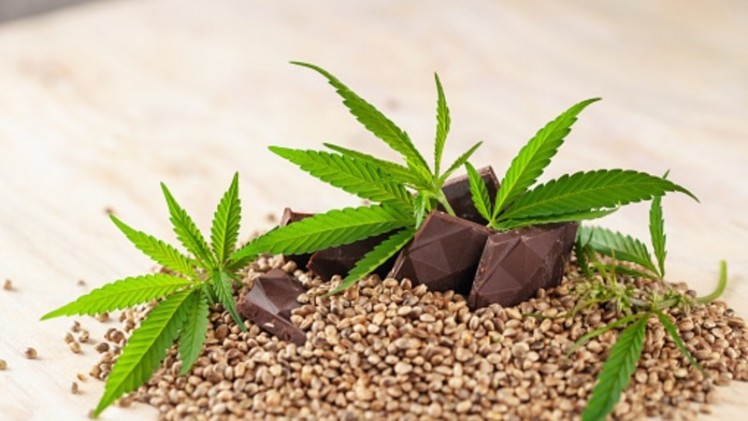
Coconut oil has many beneficial effects on your dog's health. However, it should be used with caution. Coconut oil has 100% fat and 80-90% of it is saturated. Coconut oil can increase your dog's cholesterol so you should not give it to them in large quantities. It can be applied topically to dogs' skin.
Coconut oil kills viruses, bacteria, parasites, and fungal infections
Coconut oil has antimicrobial, antiviral and antifungal qualities. Coconut oil can be used to treat wounds, Malassezia yeast infections, and other conditions in dogs. Coconut oil's antimicrobial properties kill harmful bacterias and fungi that can cause the body to lose vital nutrients. As a result, coconut oil helps to cure infections and restore the healthy gut bacteria.

It calms your dog's stomach
Coconut oil can be used to soothe the dog's digestive system. If your dog experiences diarrhea, constipation, or other intestinal problems, it is likely that his intestines have become inflamed. Coconut oil has a soothing effect on the intestinal lining which allows your dog to absorb more nutrients. It also has good bacteria, which are necessary for a healthy digestive system. A healthy gut has 80 percent of the "good" bacteria while only 20% are "bad".
It aids in weight gain
Coconut oil can be applied topically to the skin or as an oral supplement for dogs. Since it is rich in saturated fats, it can help a dog gain weight. It should be avoided in dogs with certain medical conditions. For instance, dogs with hyperlipidemia, which is an elevated fat level in the blood, and pancreatitis, which is a disease where the pancreas is unable to process fat, should not consume coconut oil.
It promotes mental sharpness in older dogs
Coconut oil is an edible oil made from the coconut meat. The coconut meat is then soaked in water and the oil rises to the top. This oil has many healing properties. This oil is known for its ability to treat seizures and provide energy alternative to the brain. It is also known to promote socialization.
It prevents pancreatitis
Coconut oil is one among the most preferred oils for dogs. It contains more than 80 percent fat, and much of it is saturated, or MCT. This type of fat is considered 'good fat' because it is used as energy and fuel rather than being stored in the body. In addition, coconut oil contains a high amount of lauric acid, which has anti-inflammatory and antibacterial properties.

It lowers the chance of developing cancer.
Although coconut oil may seem like a strange addition to your dog's diet, it actually has many benefits. Coconut oil is a natural antimicrobial, antiviral and antiviral ingredient that can help reduce inflammation and fight bacteria. It's also a great moisturizer. Coconut oil has not been shown to prevent cancer. However, it has been shown in dogs to reduce the likelihood of getting cancer.
FAQ
Can I use CBD during pregnancy?
The research on CBD use in pregnancy is still lacking.
But based on the limited amount of information available, it appears unlikely that CBD would cause harm to the baby.
Pregnant mothers should not consume CBD unless it is recommended by their doctor.
In fact, the Food and Drug Administration recently issued a warning about potential risks associated with taking CBD while pregnant.
According to the FDA, "there is some evidence that cannabis use during pregnancy may increase the risk of miscarriage."
According to the agency further research is required before any firm conclusions can be reached.
Is the CBD industry on the rise?
Yes. As legalization spreads throughout North America, this growth is expected continue. This year alone, Canada legalized recreational cannabis use, while several states have passed medical marijuana laws.
This trend is expected to continue for at most another decade, as more states pass legislation that allows access to medical marijuana.
From an economic standpoint, legalizing marijuana is also sensible. Legalizing pot offers many benefits beyond providing a lucrative market alternative for farmers.
It could help decrease crime rates by reducing illegal drug availability. It could also help governments generate tax revenue.
People may choose to drink less alcohol as legal marijuana becomes more popular. This would reduce hangovers and increase health care costs.
Chronic pain sufferers may find that marijuana can actually improve their quality of life. Many believe that THC, which is the active ingredient of marijuana, can help relieve muscle spasms and nausea from chemotherapy.
It is possible that marijuana could be used to treat mental disorders such as anxiety or depression. Some studies show that marijuana can even be used to treat schizophrenia.
Even though the CBD industry looks promising, there are still many challenges to be overcome.
Does CBD help with anxiety?
CBD oil works well to reduce anxiety. This is because it interacts directly with CB1 or CB2 brain receptors. The mood and stress responses are controlled by the endocannabinoid system.
CB1 receptor is activated when our bodies feel anxious. This receptor triggers the amygdala and is responsible to emotional processing.
The CB1 receptor can be blocked so that the amygdala does not receive the signal it needs to process emotions. CBD users have less negative feelings.
A study published in 2017 showed that CBD reduces anxiety in patients with social phobia. Another study showed that CBD reduces symptoms of PTSD.
A 2018 review concluded CBD's anxiolytic qualities could be helpful in treating generalized anxiety disorder.
Another study suggested that CBD may also help to reduce panic attacks.
Numerous studies have found that CBD can increase anxiety in mice.
The discrepancy found between the animal results and human data might be due to differences of how CBD affects humans and animals.
CBD has not been shown to be safe long-term. But, experts are unanimous in their belief that CBD is safe when used according to directions.
Which states use the most CBD?
California, Colorado and Oregon are the top three states. These states have high populations, high incomes, low unemployment, and large populations. These states also have higher hemp farms than the rest.
California leads the way because its economy is heavily based on agriculture. It produces much of the nation's fruits and vegetables. Because cannabis comes from the same plant that hemp, this makes sense.
Oregon and Colorado are closely followed by Oregon, both of which produce marijuana for medical use. These two states, however, do not permit the recreational use of marijuana, as California does.
Other states that rank highly includes Washington, New York, Florida, Illinois, Pennsylvania, Mississippi, and Texas.
Statistics
- As a substance that was federally illegal before the passage of the 2018 Farm Bill, hemp-derived cannabinoids with no more than 0.3% THC still face a regulatory grey area. (forbes.com)
- however, one study also found that these effects were virtually abolished when the original media (a nutrient broth agar) was replaced with one containing 5% blood (increasing the minimum concentration to ~160 μM CBD) [179]. (ncbi.nlm.nih.gov)
- While the primary injury may not be treatable, interventions that attenuate secondary sequelae are likely to be of benefit [203].Only one study (ncbi.nlm.nih.gov)
- The use of these products is likely to become even more widespread if the World Health Organization's recommendation that CBD no longer is scheduled in the international drug control conventions is adopted by the United Nations member states [201]. (ncbi.nlm.nih.gov)
- A recent study [161] also found that in vitro CBD treatment (i.e., ≤ 2 h exposure to 10 μM) induced ~40% vasorelaxation in isolated (pre-constricted) (ncbi.nlm.nih.gov)
External Links
How To
What are the main issues with the CBD industry.
The market for CBD products continues to grow at an amazing rate. There are many hurdles businesses face when trying to enter the CBD market. These include a lack consumer awareness, high-cost entry, limited access capital and regulatory uncertainty.
Many people don't know much about CBD or how it works. This means that they cannot make informed decisions about whether or not to buy CBD products.
Most CBD companies rely heavily upon word-of mouth marketing. This is expensive as they must pay advertising costs and to hire staff to market their brand.
Another problem for new entrants to CBD is the high price of production. The raw materials needed to create CBD products are quite expensive. CBD oil can only be made if hemp is grown in the right climate and soil conditions.
For CBD oil to be produced, you need to plant enough hemp. This costs about $1,000 an acre. As a result, many small farmers cannot afford to start.
The lack of capital access is another obstacle new entrants to the CBD market face. Due to the stigma surrounding the industry, banks discourage many people who wish to start businesses.
Finally, there is regulatory uncertainty surrounding the sale of CBD products. There are currently no clear guidelines regarding how CBD products should be marketed.
Although states have passed laws restricting CBD products sales, these policies are not yet national.
So far, only two states - Maine and Nevada - have legalized recreational marijuana.
Massachusetts and Michigan are however considering similar measures.
These changes could cause increased competition among CBD manufacturers.
These factors lead to many entrepreneurs choosing to work from their home instead of starting a physical company.